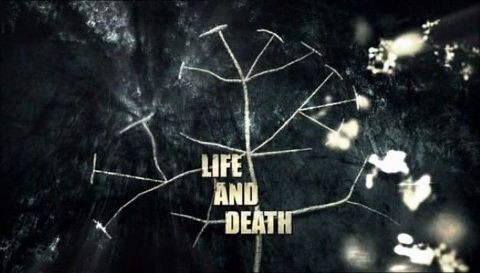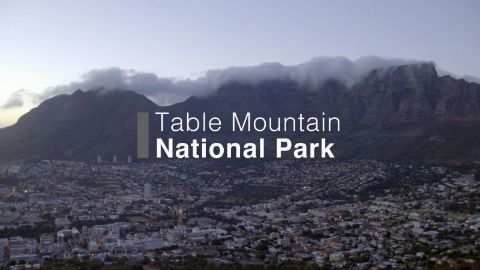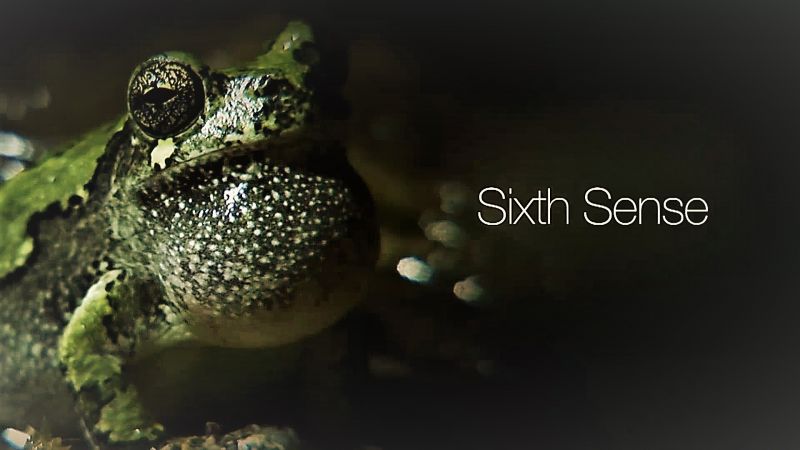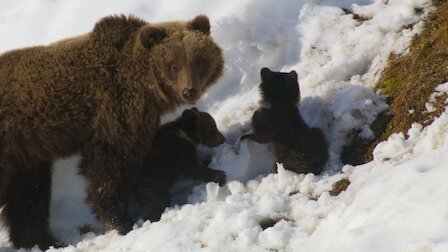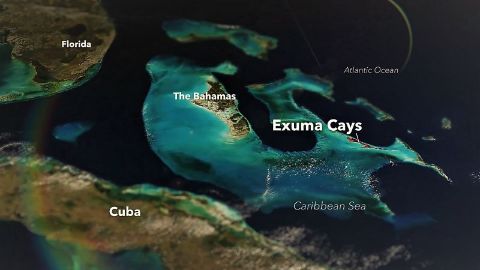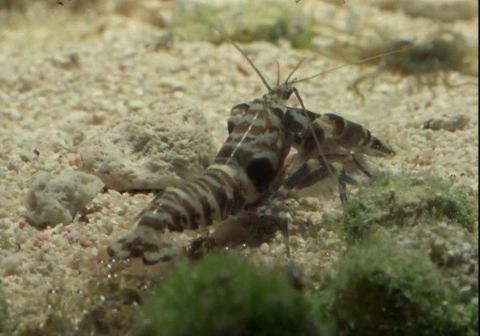Born Equal • 2009 • episode "S1E2" • Darwin's Dangerous Idea
The second episode of Andrew Marr's exploration of Darwin explores the impact of Darwin’s ideas on society and politics. Darwin’s first port of call on the Beagle was Salvador in Brazil – then a major port for the international slave trade. His experience there confirmed his enlightenment views of liberty and progress and his hatred of slavery. But his theory of evolution that began to take root on that epic voyage would describe a world of conflict, ruthless competition and struggle. It would be taken up and abused by some of the most reactionary movements of the late-19th and 20th centuries. The phrase “survival of the fittest” would help propel Darwin’s theory as a scientific justification for eugenics, enforced sterilisation and genocide. But after the Second World War, Darwin’s theory finds redemption in the United Nations statement on race which confirms Darwin’s long-held view that all humans are members of the same race and deserving of equal treatment. This is further reinforced in the extraordinary work of a small Jewish community in New York who used DNA testing and a voluntary and anonymous form of selective breeding to eliminate a debilitating disease from the Jewish community. DNA testing is the final frontier of Darwin’s Dangerous idea. But the lessons from history suggest that the new choices we face about what to do with the knowledge Darwin has given us when combined with genetics and DNA testing remains a major social and political challenge.
Make a donation
Buy a brother a hot coffee? Or a cold beer?
Hope you're finding these documentaries fascinating and eye-opening. It's just me, working hard behind the scenes to bring you this enriching content.
Running and maintaining a website like this takes time and resources. That's why I'm reaching out to you. If you appreciate what I do and would like to support my efforts, would you consider "buying me a coffee"?
Donation addresses
BTC: bc1q8ldskxh4x9qnddhcrgcun8rtvddeldm2a07r2v
ETH: 0x5CCAAA1afc5c5D814129d99277dDb5A979672116
With your donation through , you can show your appreciation and help me keep this project going. Every contribution, no matter how small, makes a significant impact. It goes directly towards covering server costs.


